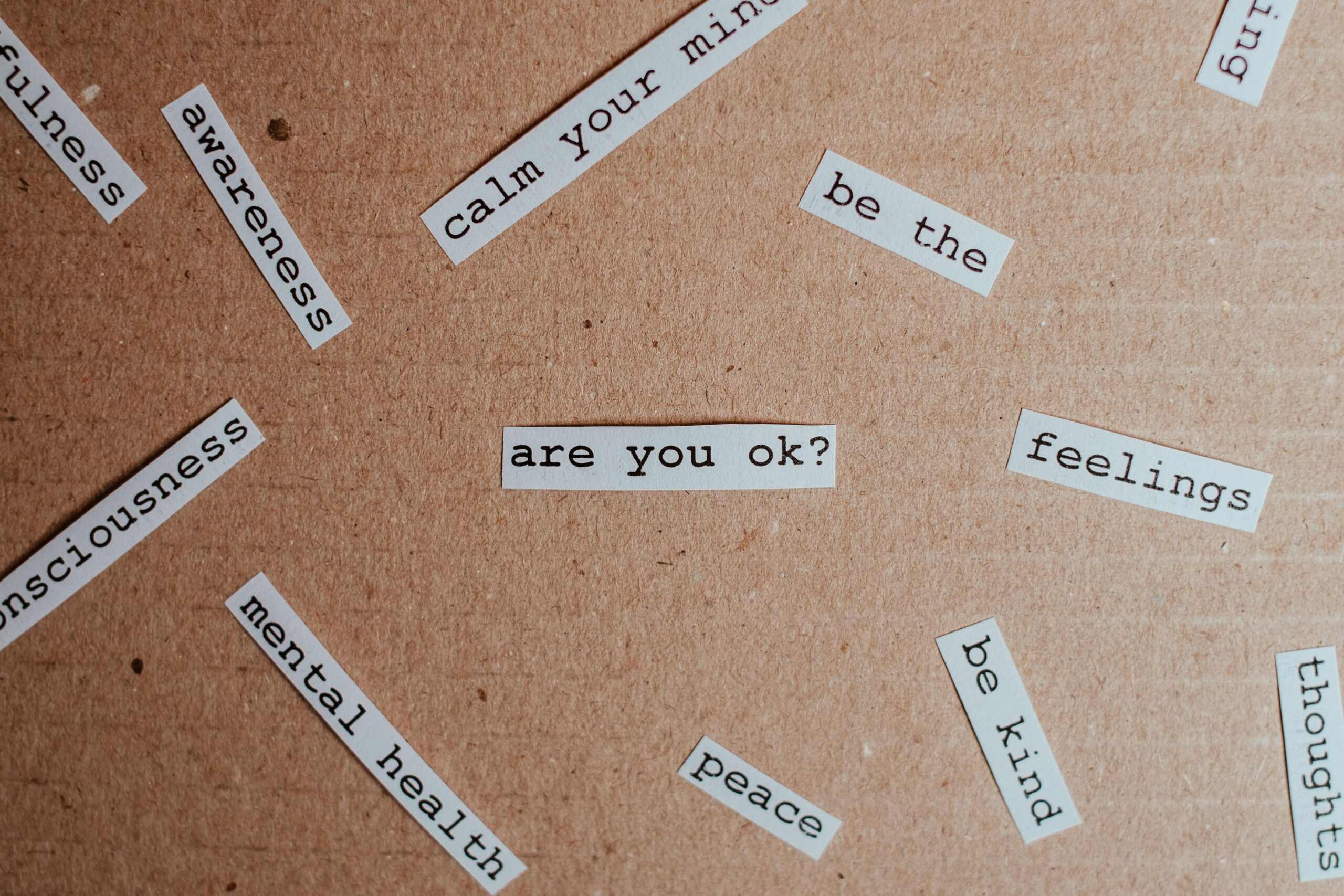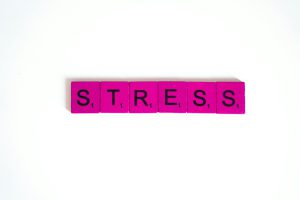Let’s talk about something we all have but sometimes overlook – mental health. It’s a term that gets thrown around a lot, but what does it really mean? I want to highlight that it’s not just about mental illness. It’s about how we think, feel, and interact with the world around us. Think of it as the state of your mind, kind of like how physical health is the state of your body.
The Basics of Mental Health
Mental health isn’t just about avoiding problems or being “happy” all the time. It’s about balance. It’s your ability to handle stress, connect with others, and make choices that work for your life. Whether you’re feeling joyful, stressed, or even just “meh,” your emotional health plays a role.
Good mental health doesn’t mean you’ll never face tough emotions like sadness or anxiety. Instead, it’s about being able to bounce back from life’s challenges. Think of it like having an emotional toolkit: the more tools you have, the better you can handle whatever life throws your way.
Why Mental Health Matters
Emotional wellbeing affects pretty much every part of your life. It’s tied to how you handle relationships, work, and even how you take care of yourself physically. Ever notice how a bad mood can suck your energy away or make you crave junk food and sugar? That’s your mental health influencing your physical health. It’s all connected.
Ignoring your emotional wellbeing can lead to bigger problems, like feeling overwhelmed, losing interest in things you once loved, or even physical symptoms like headaches or fatigue. But when you prioritise it, you set yourself up for a happier, more fulfilling life.
What Influences Mental Health?
A lot of factors play into your mental health:
- Biology: Some things, like genetics or brain chemistry, are out of your control. That’s why some people are more prone to conditions like anxiety or depression.
- Life Experiences: The things you’ve been through, both good and bad, shape how you see the world and handle stress. Trauma, loss, or even a big life change can impact your mental health.
- Environment: Your surroundings matter. Supportive friends, a safe home, and a stable job can boost your mental well-being, while toxic relationships or chronic stress can drag it down.
How to Take Care of Your Mental Health
The good news? There are lots of ways to care for your mental health, and it’s never too late to start. Here are some tips:
- Talk About It: Whether it’s with a friend, family member, or therapist, sharing how you feel can make a big difference.
- Stay Active: Exercise isn’t just for your body; it’s a mood booster too. Even a short walk can help clear your mind.
- Sleep Well: Your brain needs rest to function properly. Aim for 7-9 hours of quality sleep each night.
- Practice Self-Care: This can be anything that recharges you, like reading, meditating, or binge-watching your favourite show (in moderation, of course).
- Set Boundaries: Learn to say no to things that drain you and yes to things that energise you.
- Seek Professional Help: If you’re struggling, don’t hesitate to reach out to a counsellor, therapist, or NHSdoctor. It’s a sign of strength, not weakness. I’m sure if you had a broken leg, you’d go to a hospital? If that’s the truth, then it makes sense that if you are feeling emotionally unwell, you should speak to a professional too!
Let’s Normalise Mental Health Conversations
Remember, we all have mental health, just like we all have physical health. The more we talk about it, the easier it becomes to break down stigmas and support each other. You don’t have to be an expert or have all the answers to start a conversation – just be open and kind.
So, the next time someone asks, “What is mental health?” you’ll know exactly what to say: it’s about taking care of your mind so you can live your best life. Simple as that.






